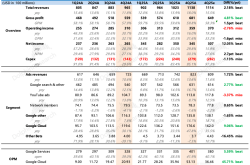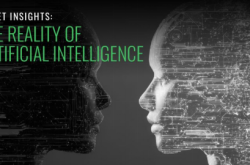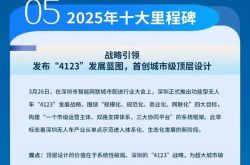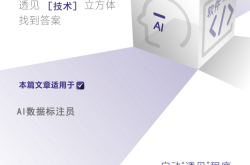AI Era: The PC Ushers in a New Wave of Value Reassessment
![]() 07/01 2025
07/01 2025
![]() 795
795
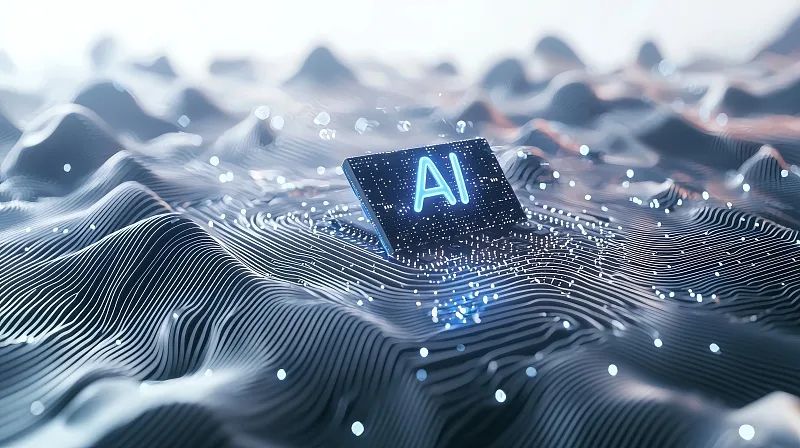
As one of the core frontiers for AI entrepreneurship, what makes the PC stand out in this wave of the Fourth Industrial Revolution? Is it cultivating new fertile ground for AI ventures?
In the AI era, developers are seeking innovative answers.
Author | Piye
Produced by | Industry Entrepreneur
'This year is undeniably the first year of Agent,' an investor told Industry Entrepreneur in an interview. A true testament to this top-tier VC's action is that almost all the projects presented in the past few months of 2025 have been Agent startups.
According to a Boston Consulting Group report, the global AI application market size is expected to grow at a compound annual growth rate of 45% over the next five years (2025-2030).
But has the era of AI entrepreneurship truly dawned?
Gartner and RAND surveys reveal that the overall failure rate of global AI projects currently stands at a staggering 80%, while in the Chinese market, this rate is close to 90%. In contrast, traditional IT projects fail at a rate of around 40%, and app startups in the mobile internet era fail at around 50%.
What are the underlying reasons? Are they related to AI technology itself, the 'debatable' form of Agent, or the immaturity of the new AI entrepreneurship landscape? Behind these factors lies a fresh perspective on the new development environment in the AI era amidst the Agent wave.
Among all observed environments, one frontier stands out: the PC. The Microsoft Store recently released a report titled 'White Paper on PC Application Developers in the Chinese Market'. The report data indicates that many entrepreneurs in sectors like gaming and office work choose the PC as their preferred frontline for AI entrepreneurship, citing reasons such as 'high willingness to pay among PC users', 'PCs can better leverage the value of AI products', and 'friendly development environment and full lifecycle operations'.
In other words, many believe that enterprises choosing the PC as their main frontline for AI entrepreneurship are more likely to succeed and complete PMF commercialization validation. Interestingly, this viewpoint has already been partially validated.
What are the reasons? Or, as one of the core frontiers for AI entrepreneurship, what makes the PC special in this wave of the Fourth Industrial Revolution? Is it fostering a new value ground for AI ventures?
In the AI era, developers are discovering fresh answers.
(Follow the official Microsoft Store WeChat public account, reply 'white paper' in the backend to obtain the complete version of the 'White Paper on PC Application Developers in the Chinese Market'. Be among the first to witness the new answers for developers in the AI era.)
I. Agent Entrepreneurship Wave: A Double-Edged Sword
Before addressing the above questions, it's crucial to clarify the direction of the current Agent entrepreneurship wave.
As of now, there are over 4 million AI-related enterprises in China, according to Tianyancha data. The trend in enterprise registration numbers shows a yearly increase in AI-related enterprise registrations over the past five years.
However, beneath the enthusiasm lies the 'awkward point' mentioned earlier – many AI startups are still in the early stages of product development, with slow progress in scenario implementation and commercial PMF validation. On one hand, there's a surge of enthusiasm; on the other, there are widespread 'breakpoints' and 'bottlenecks' in product value validation. Where does the problem lie?
'The difficulty in PMF validation is superficial; the essence lies in the immaturity of the entrepreneurship soil,' commented a judge at an AI application accelerator event in China.
Essentially, the problem stems from the immaturity of the current AI development environment. Most AI entrepreneurs undergo a complete development process from 0 to 1, encompassing 'market research – product development – product testing – limited product launch/debugging – public beta testing – official market release – seeking commercial validation', among others.
Yet, AI developers encounter bottlenecks at almost every stage.
For instance, some developers initially opt for a single mobile version but find it challenging for mobile devices to provide corresponding complex capability services to end-users. Others who advance based on a single mobile version also face difficulties in implementation and adaptation, often requiring enterprises to conduct secondary reasoning based on local computing power resources.
The issue also persists in product development and debugging. Unlike PC frontline developers who can rely on mature development process management platforms like the Microsoft Store, many AI developers lack underlying full lifecycle operation and maintenance support for their products, leading to imbalances in AI product iteration directions. Subsequent reasoning training not only consumes costs but also makes it difficult to focus on actual market demands.
Commercialization is another concern. A consensus is that mobile users have established the habit of 'use and go'. For developers, even after long-term and long-cycle refinement of their products, consumers are rarely willing to strongly consume a (non-core productivity) tool, resulting in a longer commercial return cycle.
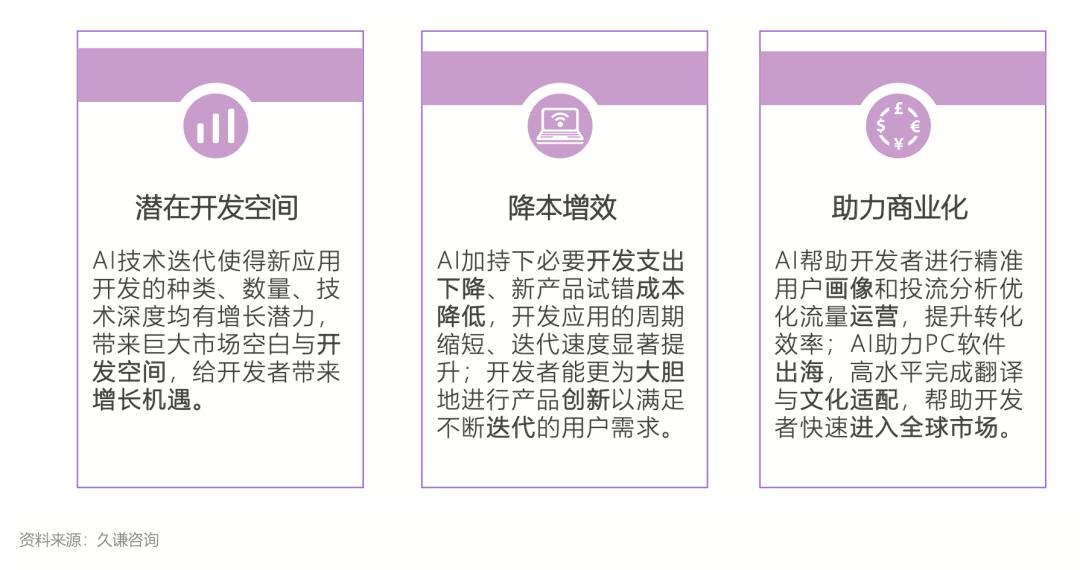
In fact, these problems are far from exhaustive. Concerns about data security and insufficient trust in permissions for AI products like Agents also hinder AI product promotion.
From an entrepreneurship perspective, while developers themselves possess sufficient creativity and ideas, certain underlying support is indispensable. Whether it's the Windows and IOS development systems in the internet era or mature development and operation and maintenance links like the Microsoft Store, these are precisely the underlying reasons behind the internet entrepreneurship boom.
For current AI entrepreneurship, with continuous breakthroughs in Moore's Law for AI technology, before the technological endpoint arrives, it's challenging for these underlying infrastructures to form a complete system. But is there a better solution for now? Or, for these 'breakpoints' and 'bottlenecks' throughout the new development process, what kind of soil temperature can amplify the success rate of AI entrepreneurship?
II. 'PC', an Emerging Opportunity for AI Entrepreneurship
A fact is that the PC is gaining increasing attention.
The Microsoft 'White Paper on PC Application Developers in the Chinese Market' cites IDC report data stating that 2025 will be the 'first year of AIPC', and PC devices with local AI capabilities will accelerate their global popularization, with the shipment share of AIPC expected to rise to 93.9% by 2028.
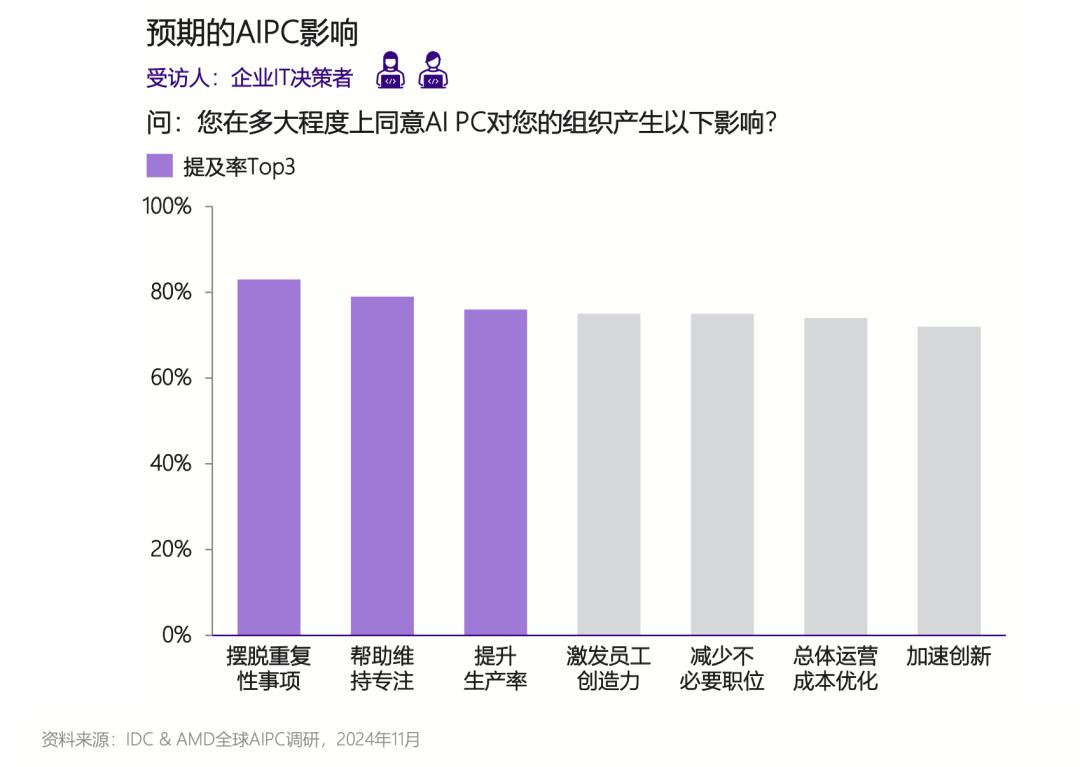
In terms of willingness, the popularity trend of PCs is also accelerating. According to a joint survey by IDC and AMD of IT decision-makers (ITDMs) in Europe, America, and Japan, about 77% of respondents are concerned about improving employee efficiency through AI+PC, 60% plan to fully deploy Windows 11 and AI+PC (rather than updating the system on existing machines), 82% expect a positive impact, and 97% hope to expand deployment in the future.
Behind these numbers lies a new attitude towards PCs in the AI era. The reasons are not hard to fathom.

First, the PC possesses an independent and complete minimum computing power unit. Whether it's an Agent or other AI forms, AI products can perform minimal end-side reasoning based on PC hardware to meet the needs of individuals and enterprises.
Second, from a product maturity perspective and also from a developer's perspective, based on the PC's operating system and interface, market developers can fully conduct full-chain product development. Whether it's the development and setting of AI NPCs for large-scale games or general scenarios like in-depth video editing and office work, developers can provide enterprises with truly out-of-the-box, fully functional development operation interfaces.
Simultaneously, in terms of the development process, based on the full AI product development lifecycle management process of PC application development stores like the Microsoft Store, developers can conduct targeted optimization and development more purposefully, monitor product version iterations and functional optimization results through data visualization at different stages, and promote more mature AI product design and iteration.
As for the data security and permission issues that may arise with some AI products and components mentioned earlier, with the endorsement and strict control of platforms like the Microsoft Store, people can download AI products for trial use with greater peace of mind.
Beyond products, commercial validation is also noteworthy. According to Microsoft's 'White Paper on PC Application Developers', in the Chinese market, the proportion of high-spending users among PC users is 52%, while this figure is only 25% on mobile devices; additionally, the user activity of PC users is as high as 500 million, with an average active market of 8 hours (primarily tool attributes), compared to only 7 hours on mobile devices.
(Follow the official Microsoft Store WeChat public account, reply 'white paper' in the backend to obtain the complete version of the 'White Paper on PC Application Developers in the Chinese Market'. Be among the first to witness the new answers for developers in the AI era.)
In fact, these are precisely the reasons why the PC is starting to reclaim its central stage. That is, besides the strong reach of PC shipment volume, the robust endorsement of the app store, and the support of the full AI development cycle, compared to other frontiers, the user personas of the PC naturally possess the attributes of 'productivity demand' and 'strong willingness to pay'. For developers, these also correspond to more PMF validation paths and higher product development success rates.
III. Reassessing the PC Entry Point Amidst the AI Wave
Then, can the PC become the 'main frontline for AI explosion' as people say? Or can app stores like the Microsoft Store become the true AI entry point that ignites this wave of Agent development?
Behind these questions lies a fresh discussion on current AI entry points, namely, a complete AI Agent frontline requires not only engineering capabilities to develop Agents but also an understanding of new development supply chains, the underlying principles of Agents, as well as broader distribution channels and commercialization promotion and validation loops.
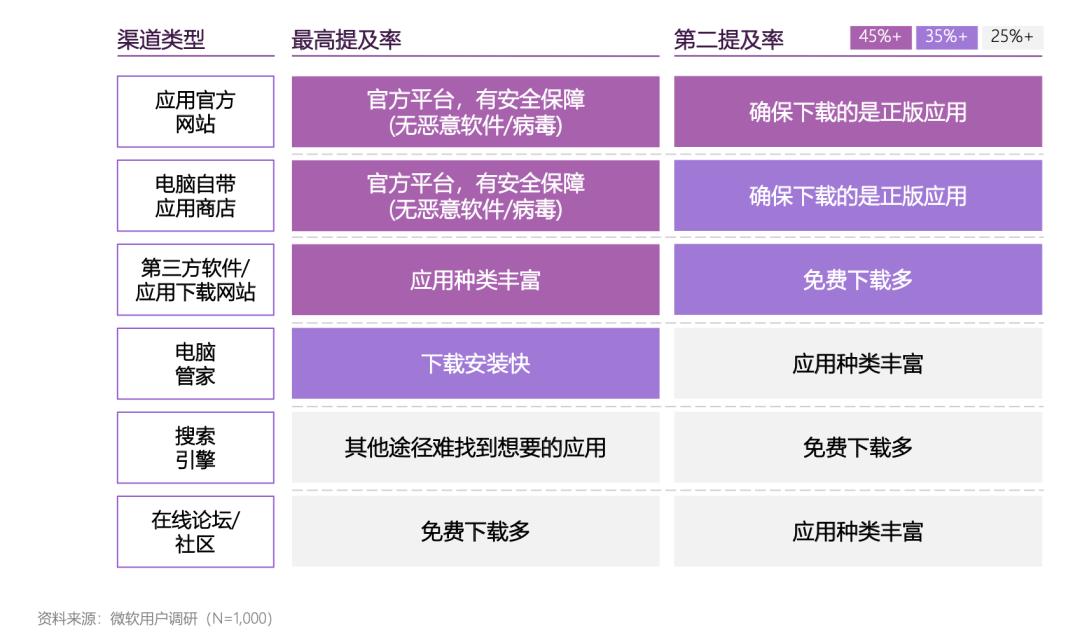
In fact, this is also the deeper reason why the PC is being reassessed beyond the elements mentioned earlier.
In addition to the full lifecycle management of AI products mentioned above, Microsoft has also established an exclusive AI Hub module within the Microsoft Store in the Windows 11 system. This area, which gathers the most representative AI applications and functions from Microsoft and its developer ecosystem, can provide additional exposure for high-quality AI applications and offer a more concentrated display stage for AI application developers.
As early as 2024, the Microsoft Store cooperated with the Tencent Application Store, introducing tens of thousands of mobile applications and adapting them for the PC. After installing the PC version of the Application Store, shortcuts can be generated on the desktop to enable one-click launch on the PC. It's understood that the number of mobile applications and games introduced has now exceeded 50,000. This cross-platform integration means that developers only need one-time development and adaptation to complete cross-platform and full-channel distribution and deployment.
For another example, based on the clearer globalization trend of PC hardware, developers can more easily obtain overseas market opportunities. Simultaneously, based on the Microsoft Store, developers can distribute in the global development market, promoting AI products to gain popularity not only domestically but also in the more enthusiastic overseas market; besides spreading influence globally, the accuracy of the covered audience is also crucial – according to the 'White Paper on PC Application Developers' report, app stores are the most mainstream way for Generation Z to obtain products today, which also means that developers can reach the most suitable technology and the most willing audience at a lower cost.
Furthermore, at the core is the Agent distribution model. Beyond the visible Microsoft Store, it's understood that in the future, Agents developed by developers can also be more deeply integrated with underlying PC operating systems like Windows, embedding Agents into the entire PC user interface in a sufficiently molecular and granular manner. Currently, with the release and upgrade of the Windows Agent System, this vision is increasingly becoming a reality.
What can be genuinely perceived is that behind the increasing attention paid to the PC, the reasons are not simply changes at the AI PC hardware level. More critically, the increasingly mature AI frontlines on the PC, such as the Microsoft Store and Agent operating systems, can also be said to be continuously enriching AI entry points.
To some extent, this corresponds not only to the reconstruction of a new developer ecosystem but also to the comprehensive catalysis and more realistic interpretation of Agent value and AI technology value. Amidst the rise of the Agent wave and the accelerated reconstruction of the AI development paradigm, the PC is refreshing its positioning in this era.

